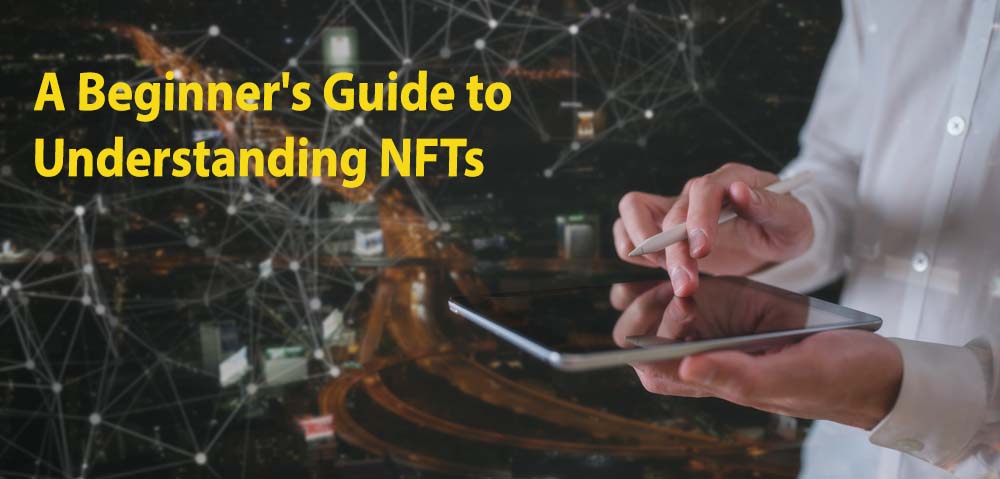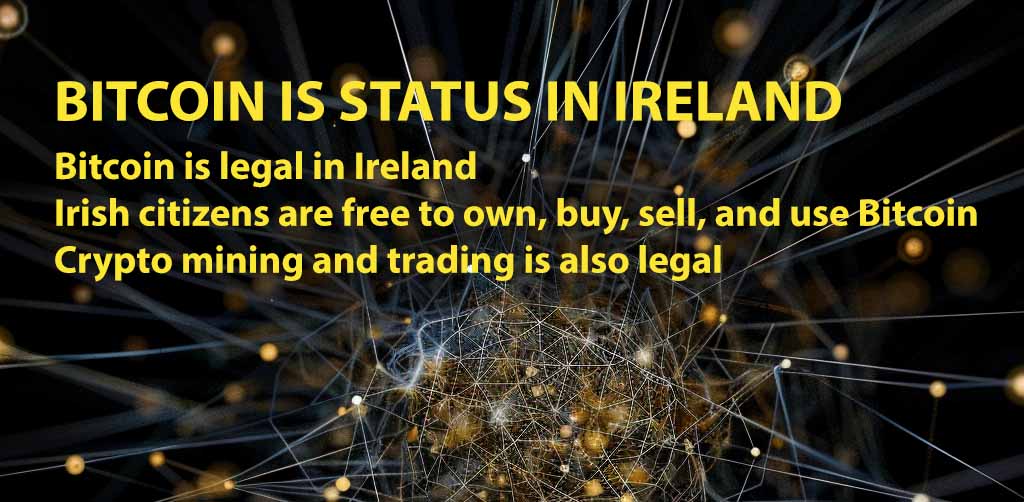When buying a piece of art or jewelry, you may be able to enjoy the item you purchase. You may either put them in your collection or resell them to increase your assets. With the spread of digitalization, people have started to think about implementing the same approach to virtual values. Blockchain development led to the emergence of such a concept as NFT.





